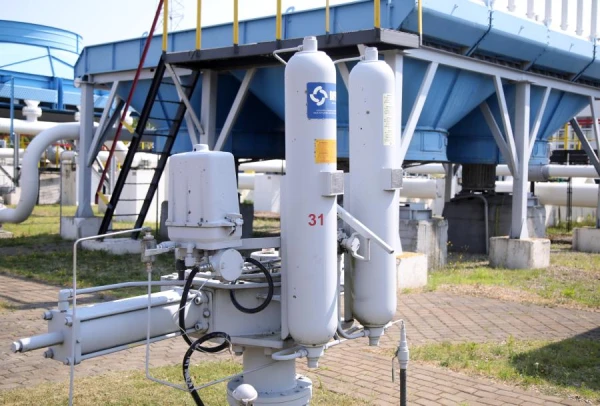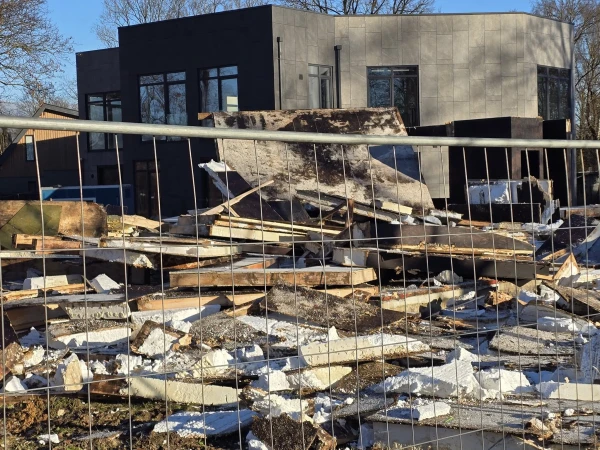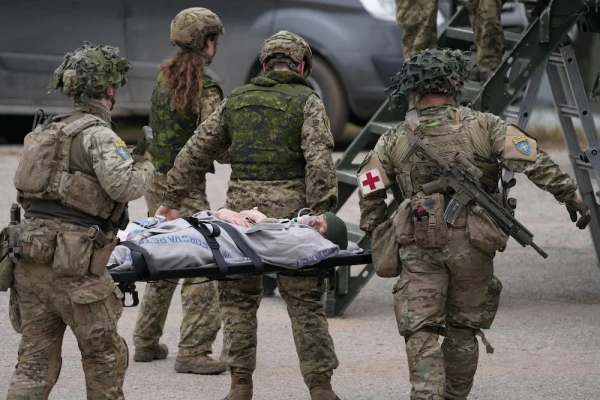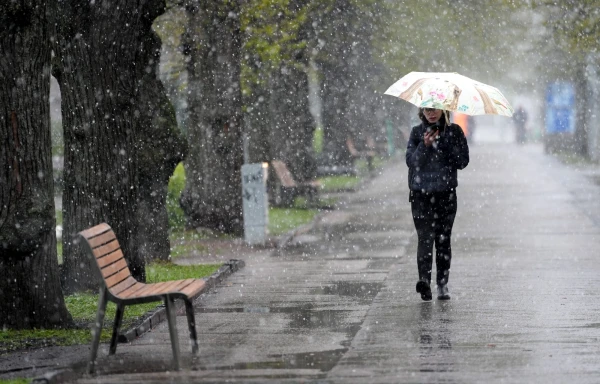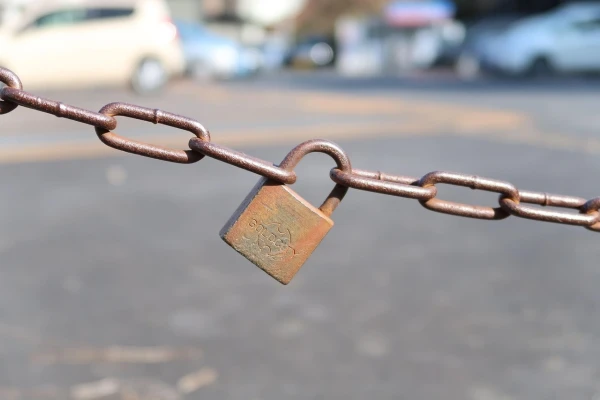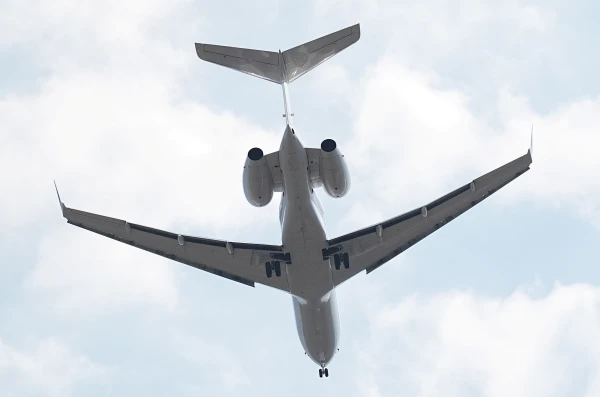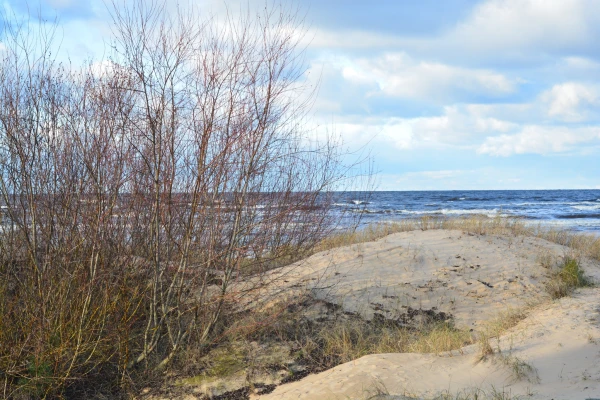
Just as the large-scale actions regarding the Istanbul Convention have subsided, another document from the Council of Europe is at stake – the Convention on the Criminal Law Protection of the Environment.
Pollution and Punishment
At the session in Luxembourg on May 13-14 of this year, among other things, a preamble was adopted calling for "addressing the human rights aspect in the environment, recognizing the issues that the triple planetary crisis poses for human rights, namely, pollution, climate change, and the loss of biodiversity." The ministries of Latvia plan to agree on the Convention by December 2, after which it will go to parliament.
"The Convention defines the environment in a broad sense, including natural resources such as air, soil, and water, ecosystems, wildlife and flora, as well as habitats," notes the annotation prepared for Latvian lawmakers by the Ministry of Justice.
The document is quite extensive, with 58 articles. The wording of Article 35, "Punishments and Obligations," draws attention:
"The Parties shall take the necessary legislative measures to ensure effective, proportionate, and preventive punishment for crimes recognized as such under this Convention, taking into account the seriousness of the crime. The punishments applied include imprisonment and may also include fines."
Training for Police Officers
According to the Ministry of Justice, the punishments established by the current regulations for criminal acts committed in the field of ecology "do not meet the established requirements, which is why it is planned to significantly increase prison sentences for individuals for crimes committed in the field of the environment." The State Police will conduct training for employees on the enforcement of the relevant articles. The Ministry of Smart Administration and Regional Development and the State Environmental Service are also involved.
Countries that have signed the Convention will exchange information, resources, and experiences, "which directly relates to the prevention and suppression of crimes and related offenses recognized as such under this Convention."
Farmers – at Risk
Thus, it is likely that Latvia will have to adopt the strictest environmental standards of Western European countries – and this promises significant troubles, primarily for rural owners. For the same water quality analysis in the rivers of the republic shows that many farms discharge their waste without proper treatment.
It can be assumed that the ratification and practical implementation of the norms of the new Convention will be accompanied by considerable protests from the agro-industrial lobby. Meanwhile, Prime Minister Evika Silina has authorized Justice Minister Inese Libina-Egnere ("New Unity") to sign this document.
